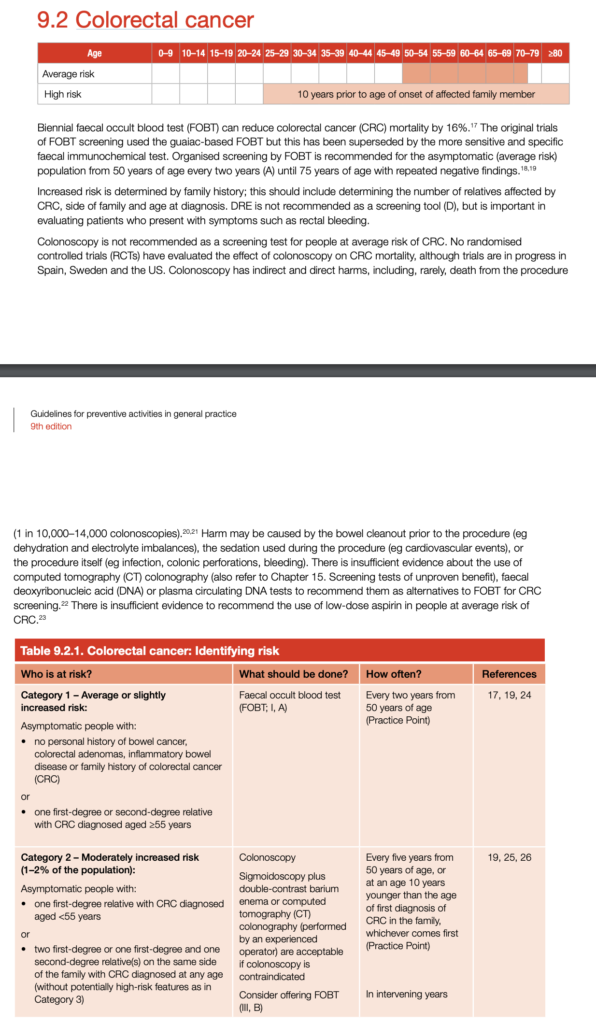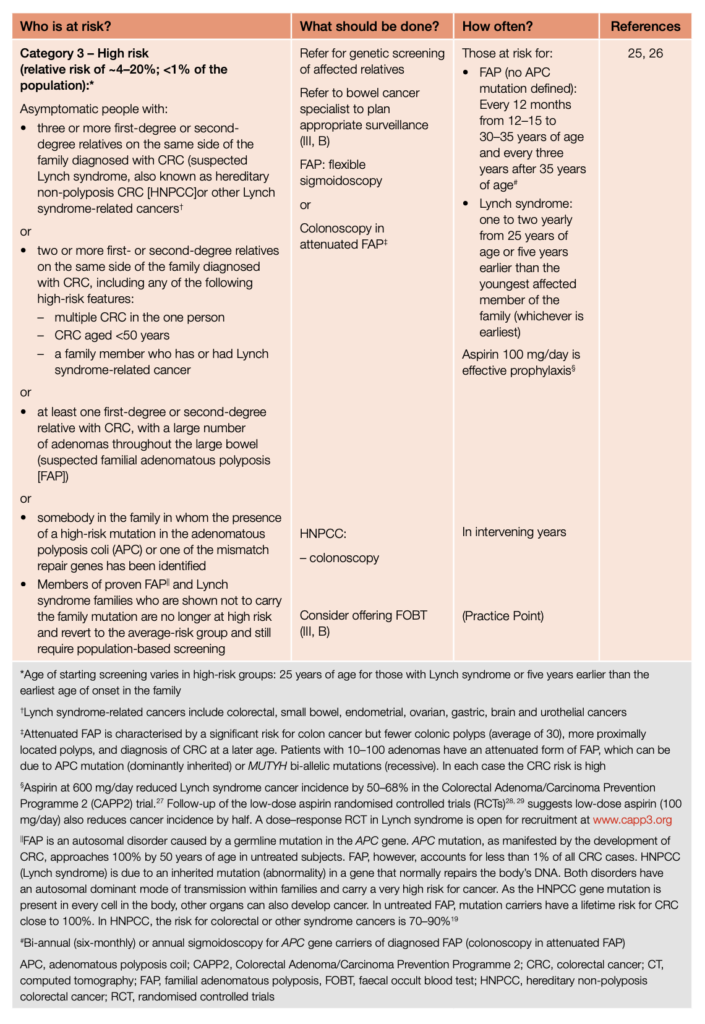Colon cancer, a malignancy of the large intestine, is a significant health concern worldwide. It often begins as small, benign clumps of cells called polyps that over time can become cancerous.
Causes:
- Age: Most patients are older than 50.
- Personal History: Previous colon cancer or adenomatous polyps.
- Family History: Especially if a first-degree relative had colon or rectal cancer.
- Inherited Syndromes: Such as familial adenomatous polyposis (FAP) and Lynch syndrome (hereditary non-polyposis colorectal cancer, HNPCC).
- Dietary Factors: High in red meat and low in fiber.
- Lifestyle Factors: Lack of regular physical activity, obesity, alcohol consumption, and smoking.
- Certain Diseases: Like inflammatory bowel disease (Crohn’s disease or ulcerative colitis).
Diagnosis:
- History:
- Symptoms: Changes in bowel habits, rectal bleeding or blood in stool, persistent abdominal discomfort, weakness or fatigue, and unexplained weight loss.
- Family and Personal Medical History: Including any history of gastrointestinal diseases or cancer.
- Physical Examination:
- Abdominal Exam: For masses or organ enlargement.
- Digital Rectal Exam (DRE): Though not definitive, it can find some cancers.
- Investigations:
- Blood Tests: Including and FBC to check for anemia, liver function tests and CEA.
- Fecal Occult Blood Test (FOBT): To detect hidden blood in the stool.
- Colonoscopy: To examine the entire colon and biopsy any suspicious areas.
- CT or MRI Scans: For staging of the cancer.
Differential Diagnosis (DDx):
- Irritable Bowel Syndrome (IBS): Commonly causes similar symptoms but without the presence of cancer.
- Inflammatory Bowel Disease (IBD): Like Crohn’s disease or ulcerative colitis.
- Diverticular Disease: Especially in older patients.
- Hemorrhoids: Can cause rectal bleeding.
- Benign Colon Polyps.
Management:
- Surgical Treatment:
- Resection: Removal of the cancerous part of the colon and nearby lymph nodes.
- Minimally Invasive Surgery: Laparoscopic or robotic surgeries for early-stage cancer.
- Chemotherapy:
- After surgery, to kill any remaining cancer cells, especially in later-stage cancers.
- As a palliative treatment in advanced stages to relieve symptoms.
- Radiation Therapy:
- Generally used in rectal cancer but may be used in colon cancer for symptom relief or in combination with chemotherapy before surgery to shrink tumors.
- Targeted Drug Therapy and Immunotherapy:
- For certain types of colon cancer, especially those that have spread or are resistant to chemotherapy.
- Lifestyle and Dietary Changes:
- High-fiber diet, regular exercise, maintaining a healthy weight, limiting alcohol, and quitting smoking.
- Regular Follow-up:
- To monitor for recurrence or complications from treatment.
- Screening and Prevention:
- Regular FOBT +/- colonoscopies, especially for individuals over 50 or with risk factors.
- Removal of polyps during colonoscopy to prevent progression to cancer.
- Genetic Counseling:
- For those with a family history or inherited syndromes.
Colon cancer treatment is highly dependent on the stage of the cancer at diagnosis. Early detection through screening is crucial, as early-stage colon cancer is often more treatable and has a better prognosis.


